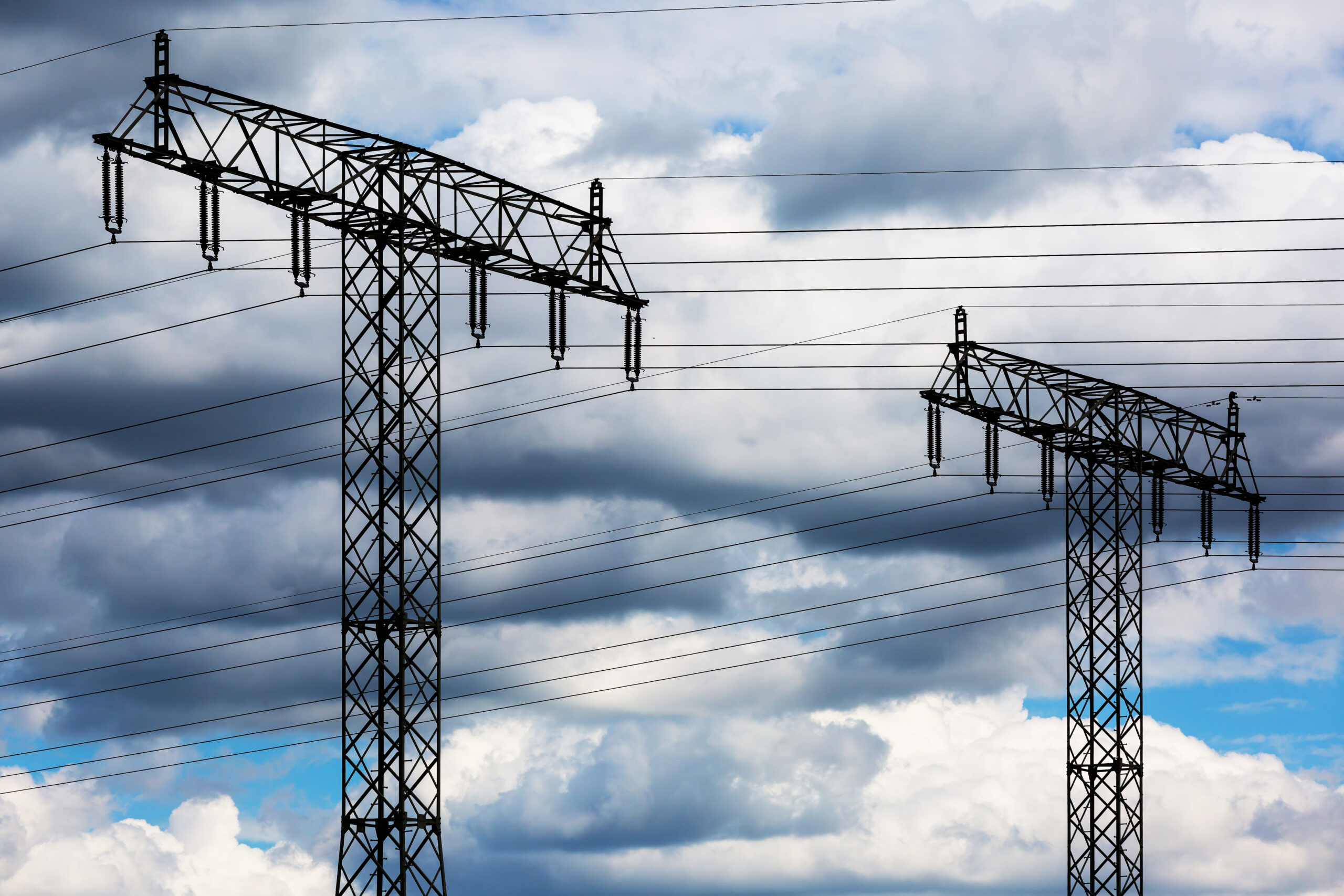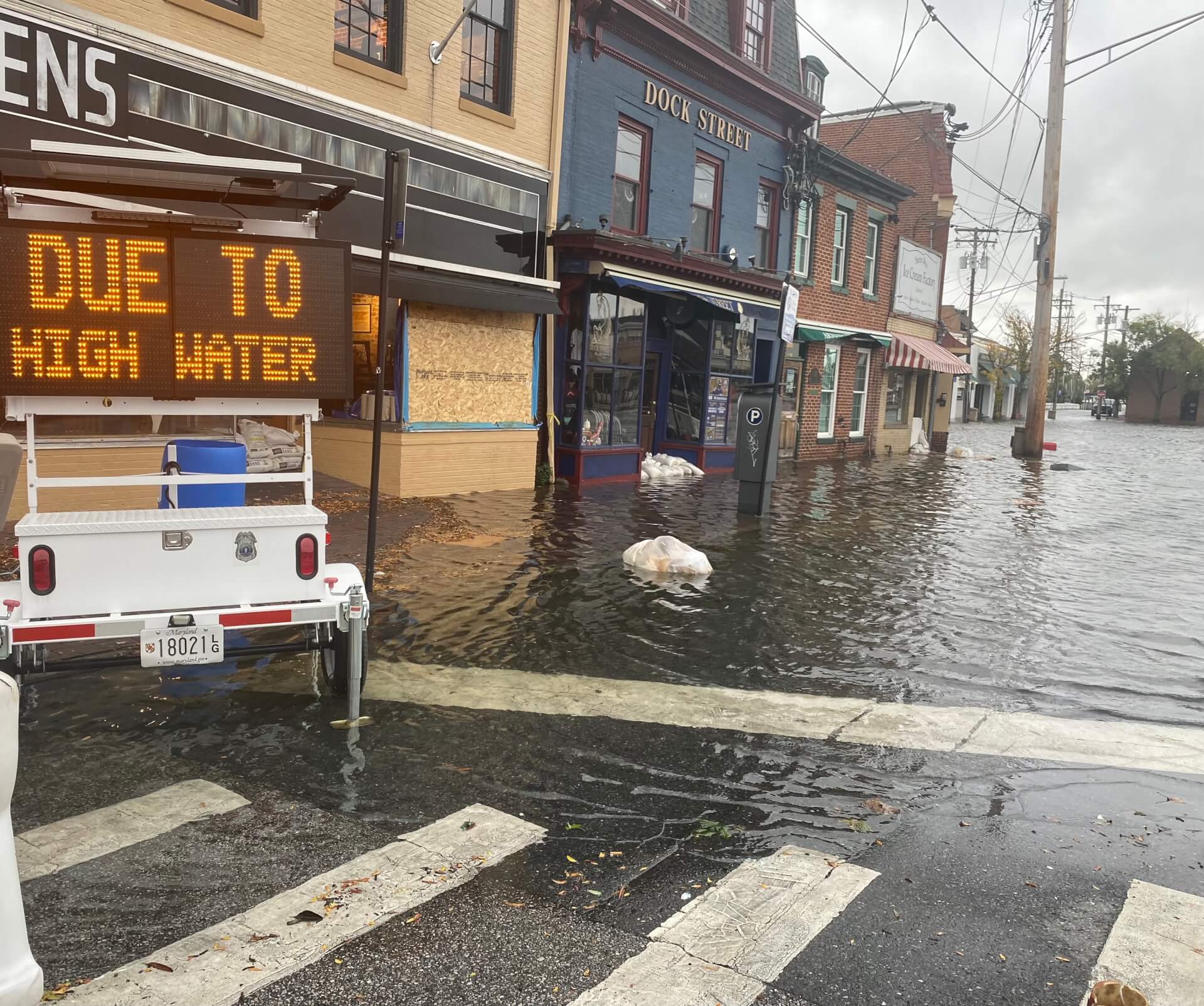
By David S. Lapp
The writer heads the Maryland Office of People’s Counsel, which represents consumers’ interests on utility regulatory matters.
Do Marylanders love crabcakes and baseball? That might as well have been the question asked in the poll discussed in Maryland Matters’ July 7 news roundup, “Poll shows strong support for competition in energy markets.”
The poll is an apparent effort to ramp up support for legislation to end regulated “standard offer service” (SOS) and force customers to select a retail energy supplier that is not subject to any price oversight. These retail suppliers generally charge higher rates — some much higher — for the electricity delivered to your home.
This poll consists of a misleading statement followed by a single leading question. Collectively, they lead inevitably to the desired answer.
The poll statement is this: “More than 80% of households in Maryland are involuntarily connected to their local utility, without knowing other energy providers and alternative energy sources are even available.”
Who wants to “involuntarily” do anything? The term evokes some kind of servitude. It is also wrong. Maryland customers signing up for electric service currently have the choice to select from multiple retail suppliers to provide their electricity. (They have no choice as to who delivers it — that’s your utility monopoly.) It just so happens that shopping for electricity is not a top priority for most people — especially when SOS is generally the lowest price in town. Indeed, many — if not most — customers that shop eventually return to SOS. No customers’ arms are twisted — all are free to shop whenever they choose.
That 80% of Marylanders get their electricity through SOS also doesn’t mean they are unaware of “other energy providers,” as the poll statement claims. I’m one of those 80%, and I know I can shop for other suppliers. Presumably, many others know they have options too, and if they don’t, that’s an education problem, not a servitude problem.
Then there’s the actual question: “Do you agree or disagree that Maryland should create true competition, where consumers can choose their own energy providers and select renewable energy sources?” Again, who would decline this rosy picture of “true competition” and choice of renewable energy?
Like the statement that precedes it, the question’s premise that customers can’t currently choose their supplier is false. Equally wrong is the notion that taking SOS away from customers would result in “true competition.” SOS is arguably a more competitive option. Bids are solicited for power to supply SOS customers under a competitive procurement overseen by the Public Service Commission. The lowest supply offers are chosen, and the price is passed on to SOS customers. If there were “true competition” from retail suppliers, we’d see offers that are competitive with SOS, but those are rare.
Like most things utility-related, the reasons why we aren’t anywhere close to “true competition” for retail supply are multiple and complex. But the implications of eliminating SOS for residential customers could be devastating, as study, after study, after study show that annually, retail suppliers collectively charge many millions of dollars more than what customers would pay under SOS.
And consider one important fact about competition: Huge conglomerates have gobbled up Maryland-licensed retail suppliers, so we now have a retail supply market that is increasingly oligopolistic — meaning we’re heading further from “real” competition rather than toward it. For example, Texas energy giant NRG now owns six different licensed Maryland retail suppliers, while Vistra — another Texas energy giant — owns four, leaving fewer truly independent competitors.
The reality is that Marylanders are choosing not to select a retail supplier, which is no wonder. Take a look at the Public Service Commission’s retail shopping website and you’ll see why. Most of the “choice” options are more expensive than SOS. Those that aren’t more costly are usually teaser rates that last a month or so then go up to an unspecified level that can vary every month with no notice to the customer. And who wants to regularly shop for a new supplier?
Rather than ending SOS, lawmakers should be considering measures to protect customers from well-documented retail supplier abuses that primarily impact lower-income and elderly customers. As one example, legislation should restrict the sale of teaser plans that dupe customers into signing short-term plans only to have their rates jump after only weeks or months.
No polling experience is required to understand the inherent bias behind the single poll “question” the energy companies put forward to support potential 2024 legislation. And no one should buy into it.



